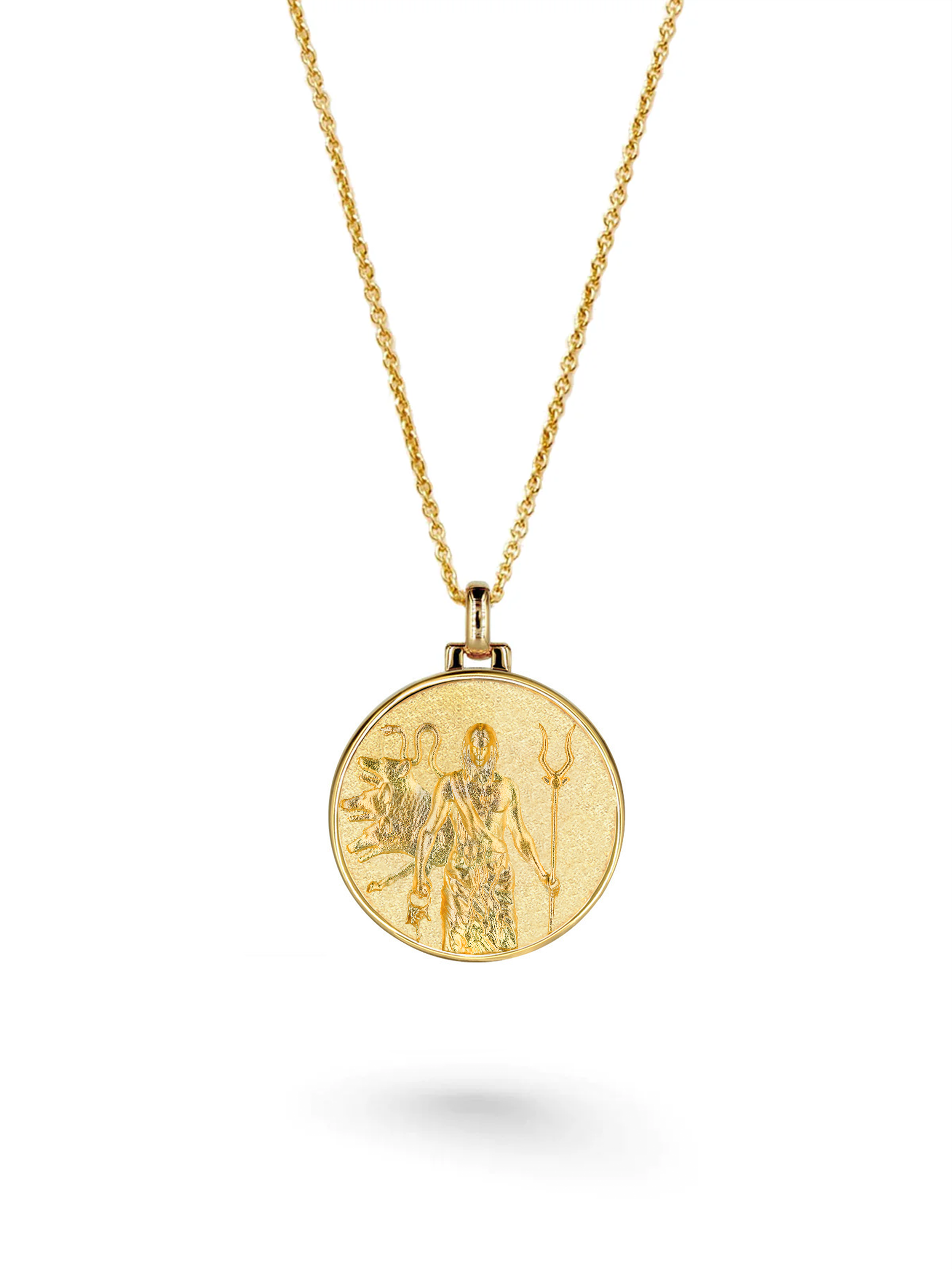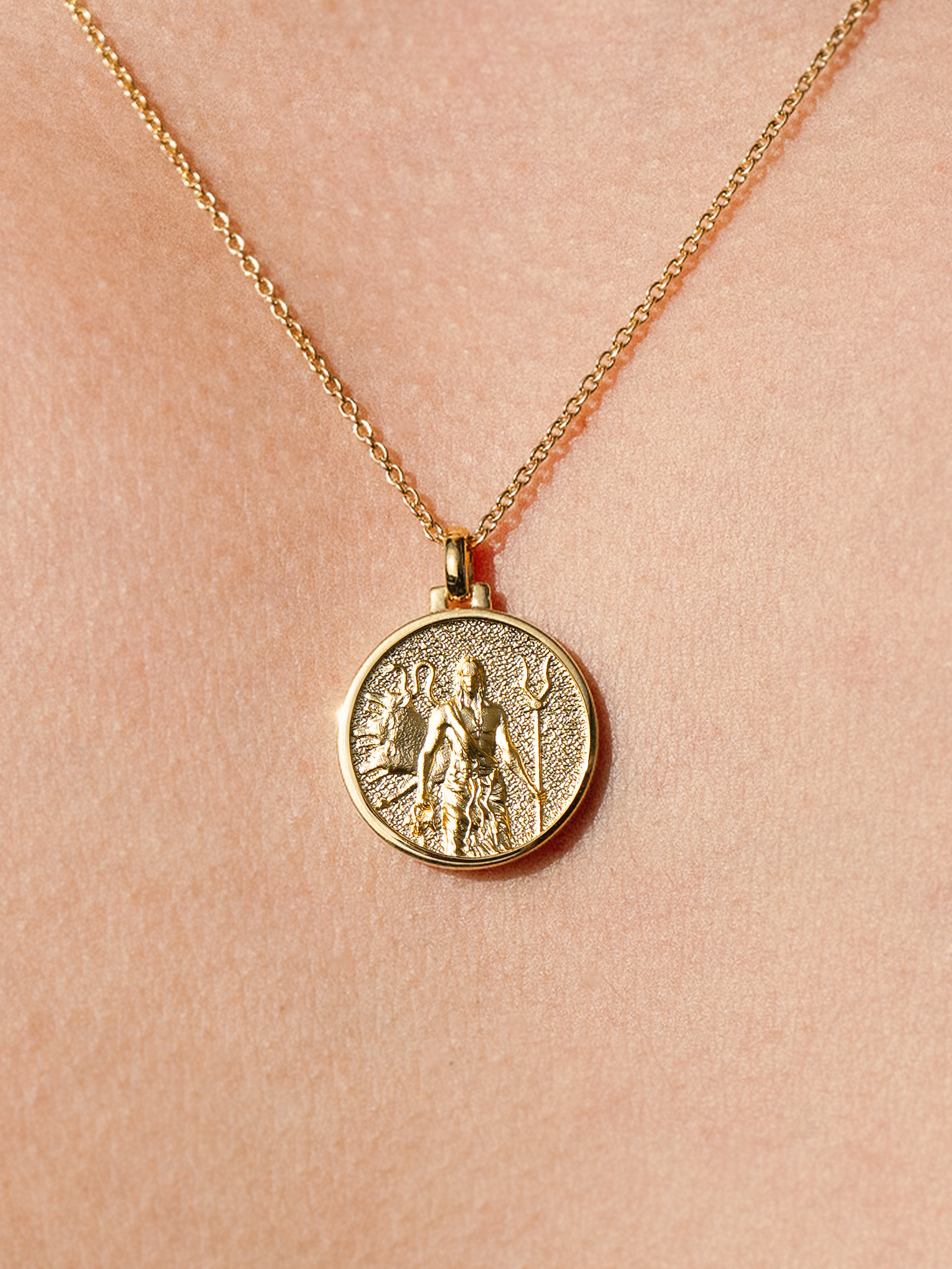DEEP. MULTI-LAYERED. UNYIELDING
HADES
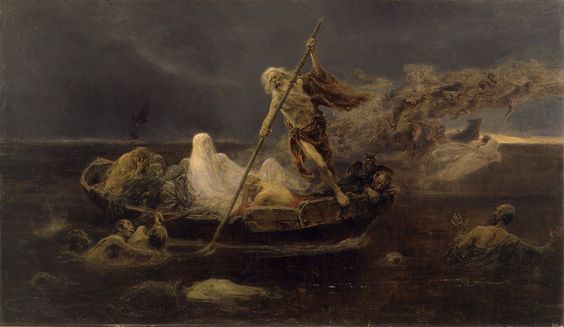
The ruler of the underworld
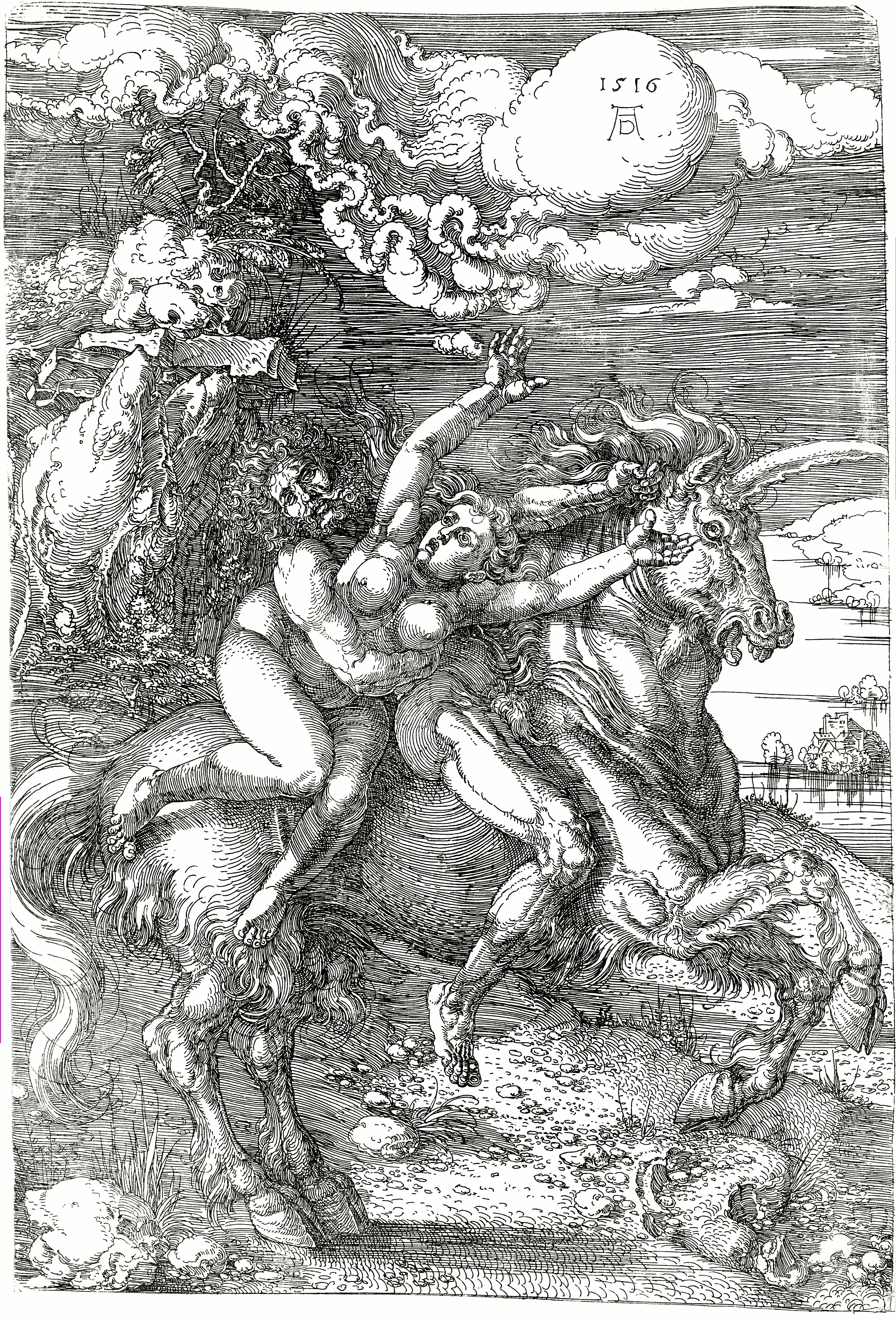
The Abduction of Persephone
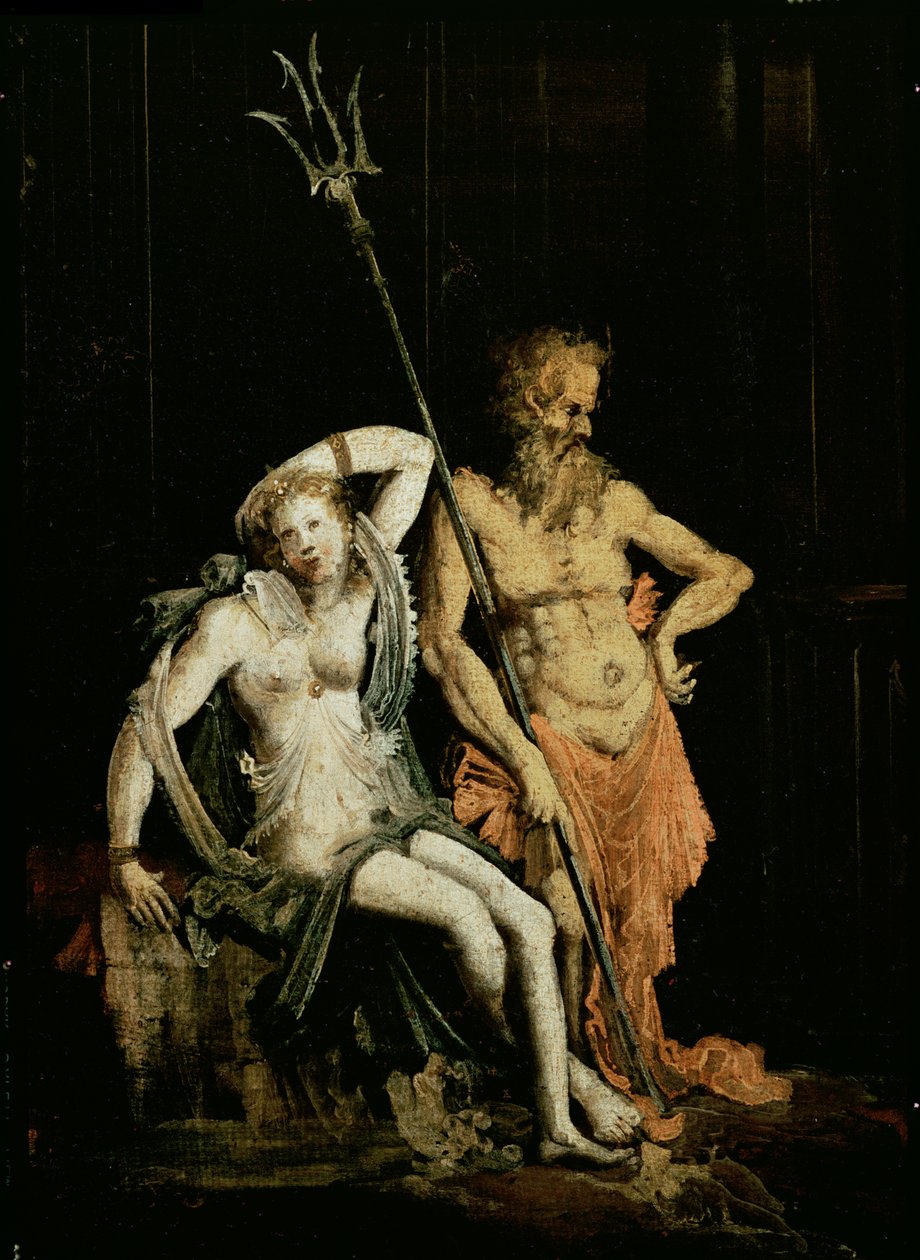
Life in the Underworld
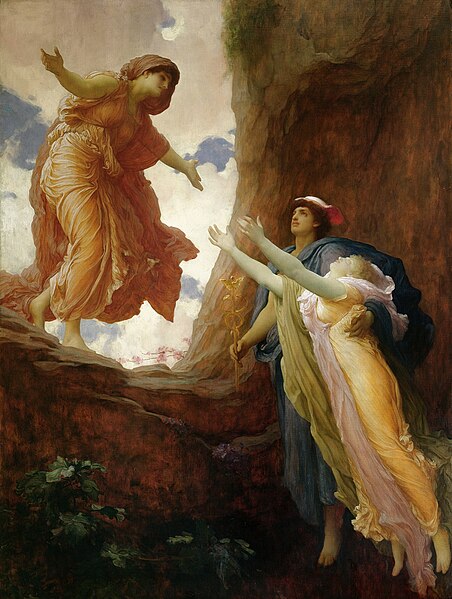
The Confrontation with Demeter

Hades and Sisyphus
Hades to Persephone: "How can one imagineSisyphus, the cunning king of Corinth, became notorious for his deception and disrespect for the gods. He even managed to cheat Death when he bound Thanatos, the god of death, so that no one in the world could die. When Hades learned of this deception, he intervened personally. Sisyphus had disrupted the natural course of life by imprisoning Death, and Hades was furious at this disruption of order. Eventually, Hades managed to free Thanatos and take Sisyphus to the underworld. There, Sisyphus was given a cruel and eternal punishment for his deception: he had to roll a huge boulder up a steep mountain, only to see it repeatedly roll down just short of the summit. This endless, pointless task shows the relentless side of Hades, who ensures that those who violate the divine order receive their just punishment. His kingdom is not one of chaos, but of strict order, and those who disturb that order will be punished accordingly. How can you care for someone so dark when you radiate so much light?"
Shop the look
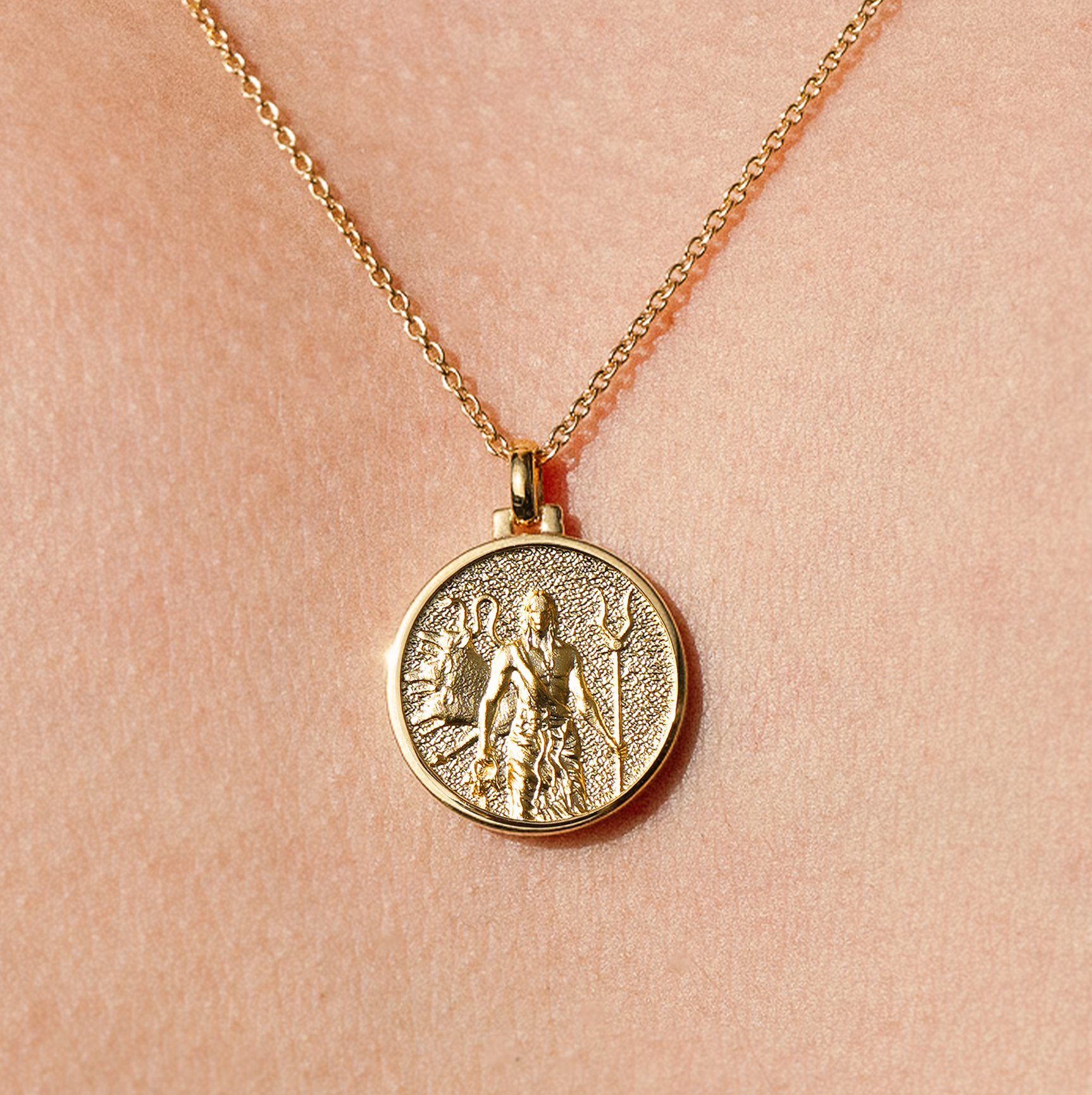
Shop the look
Hades Necklace Vermeil
Sale priceFrom €129.00

Hades Necklace Vermeil
Sale priceFrom €129.00

